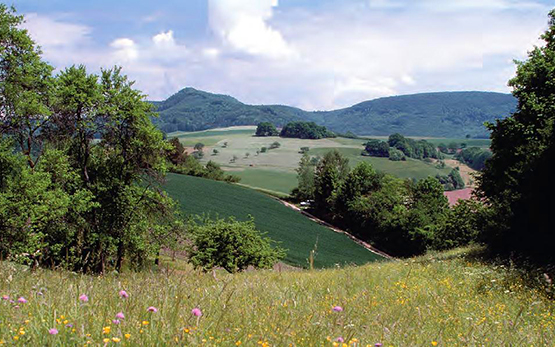The policy sector does not always use public funds efficiently, but Agroscope’s mathematical models can help it make better decisions.
In the last few decades, reforms have brought about significant changes in Swiss agricultural policy and international trade policy. Through international trade, the Swiss agricultural sector is actively involved in world markets (WTO negotiation rounds, EU free trade, etc.). Thus, there is an increased need in policy and science to quantify the consequences of these reforms with the aid of model-supported policy analyses.
Agroscope is studying what effects agricultural-policy measures such as direct payments and market-support measures have on future market development, production, and structural change. Such studies usually involve both quantitative methods and interaction with decision-makers. The Socioeconomics Research Group develops and maintains the methodologically independent model systems SWISSland and DDSS-ESSA (Distributed Decision Support System), which are used in times of crisis in the policy-advice and food-security sectors.
The project's findings enable politicians to better estimate the consequences of decisions and to only use public funds where the benefit is greatest.






